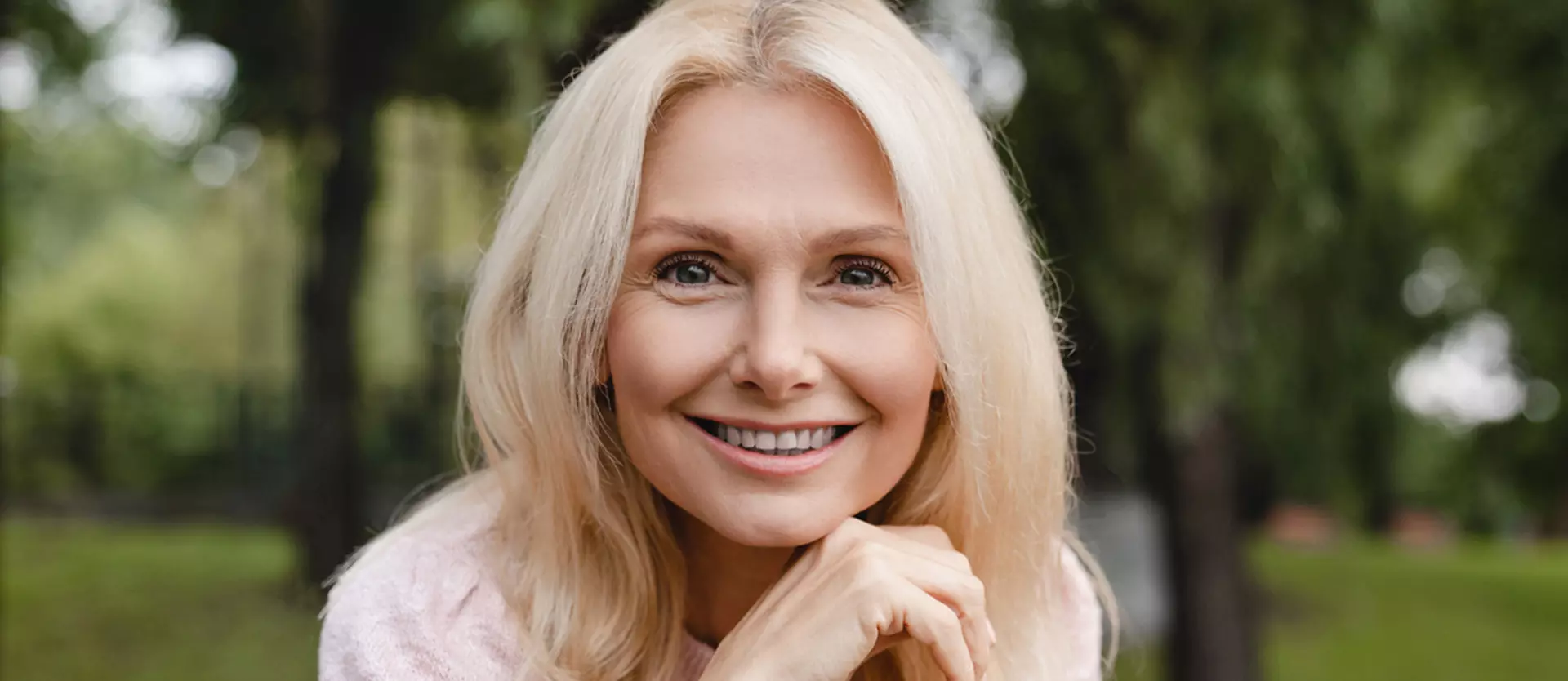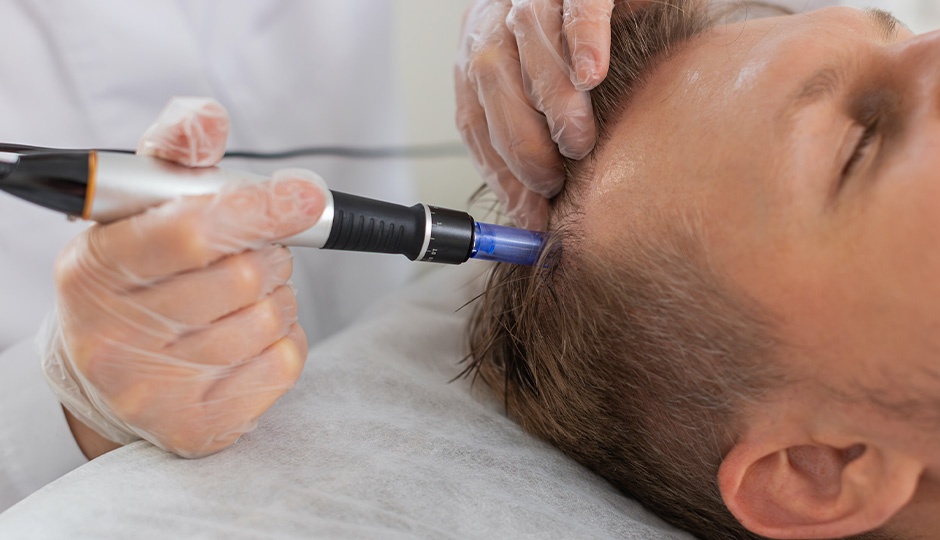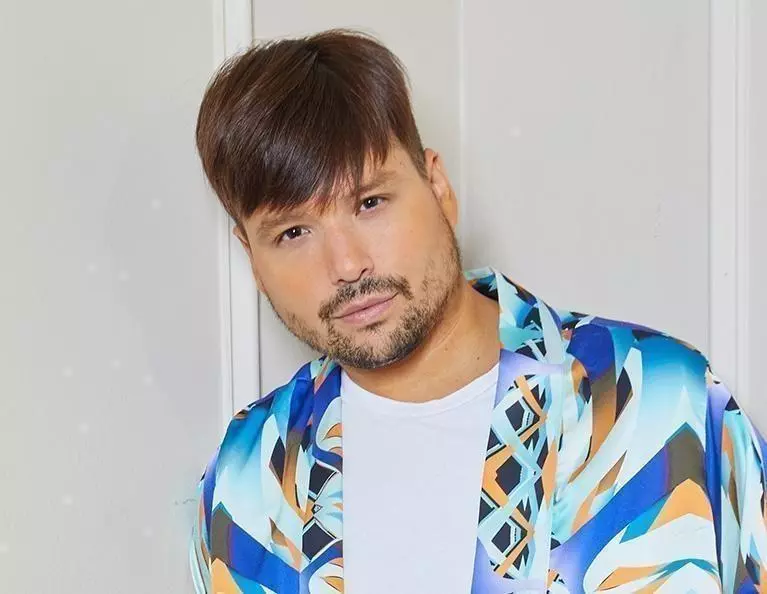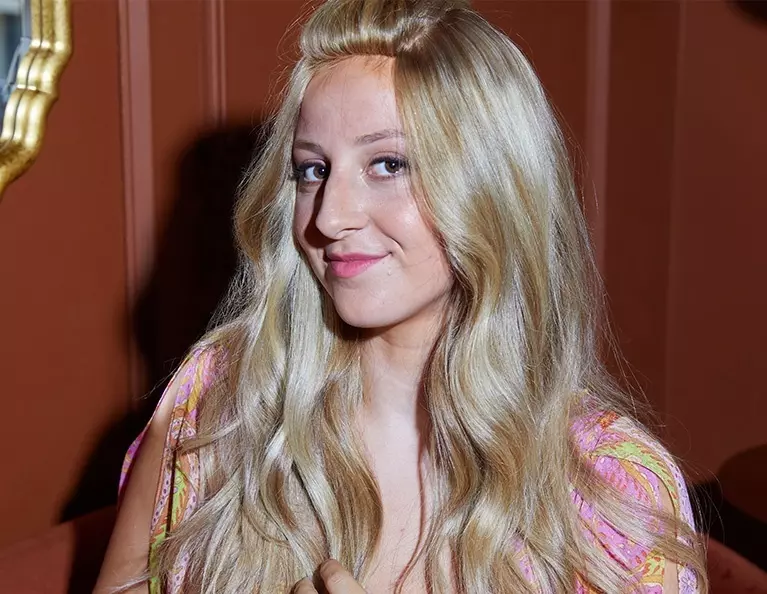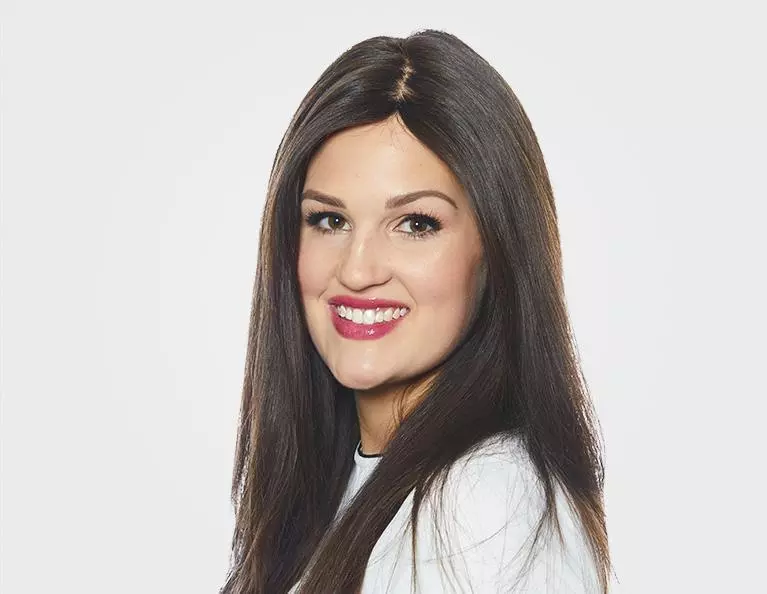According to statistics, around three quarters of women experience one or more menopausal symptoms at this stage of life. These symptoms can occur in the build-up to menopause (known as perimenopause or ‘peri’ for short) and may continue once the woman has stopped her menstrual cycle. Women are not said to be in menopause until they’ve gone 12 months without having a period.
While you might associate menopause with hot flashes and night sweats, there are many other symptoms that aren’t commonly thought of as being linked to it. One of the most surprising for some women is hair loss.
Why Do Some Women Lose Hair During Perimenopause and ‘The Change’?
In the years before a woman stops her periods, there is a drop in the production of estrogen and progesterone. Both these hormones are connected to faster hair growth. Hormone levels will go up and down – sometimes many times within the same day – eventually leveling off at lower levels than previously.
What Does Menopausal Hair Loss Look Like?
Hair growth is typically slower, so any hair loss will become more noticeable because it takes longer to grow new hair to replace it. Some women also experience thinner hair.
While men tend to get a specific male pattern baldness as they age, women tend to have an all-over loss of hair. The all-over thinning pattern makes it less noticeable, but it can still look thinner than before. Where there is a parting, it may seem thinner than before, making it easier to see the scalp beneath.
There is a chance you may experience hair loss in menopause if other women in your family did too. This doesn’t always follow, but it’s a reasonable indicator. Genetics can still play a role even if no one else in your family experienced any hair loss at this time of life.
Will Menopausal Hair Loss Grow Back?
It can, although many women notice their hair is not the same as it was previously. If a woman decides to go onto HRT – hormone replacement therapy – the reduced hormone levels will receive a boost. This may reduce many symptoms women experience during perimenopause or menopause.
Does HRT Help Hair Growth?
Since hormonal hair loss can affect women who are experiencing menopausal symptoms, it makes sense that replacing those hormones with HRT could possibly help address any hair loss caused.
Of course, there are other reasons why a woman might experience hair loss, so an appointment with a physician is highly recommended. This should help rule out other possible causes. Oftentimes, it’s best to have a blood work drawn to make sure nothing else is causing hair loss.
What Else Can You Do to Protect Your Hair During Menopause?
It’s sensible to eat a balanced and healthy diet with lots of fresh ingredients. Reduce processed and junk food as much as you can. Some women find supplements help too – there are daily supplements designed to provide all the vitamins and minerals a woman can benefit from during menopause. Since these do not have hormones in, they’re usually fine to take alongside HRT. You should check always with your healthcare provider before starting any new supplements.
Stress can also affect your hair. Going through menopause is more stressful for some women than for others, depending on the symptoms experienced. Exercise is good for you, as we all know – it can help reduce stress levels and help you feel better in yourself.
Research certainly helps you understand the range of symptoms you might experience during this stage of your life. For example, it’s good not to tie your hair back tightly as it can make brittle hair break more easily. There are now shampoos and conditioners formulated for women going through menopause. You can also take advice from your haircare expert if you notice any hair loss. Acting as soon as you notice any hair loss is best.
Menopause is a phase of life all women will go through. Keeping your hair in good condition and taking steps to prevent hair loss as much as you can will help maintain your confidence as you go into the next stage of life.
For more information and to schedule a complimentary, private hair and scalp analysis, contact the team at Unique Hair Concepts.
